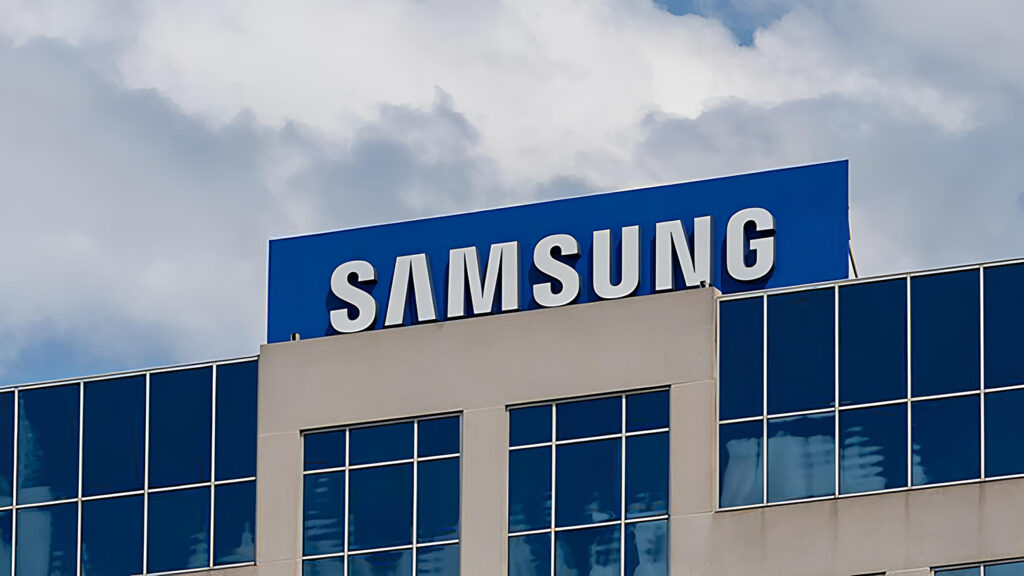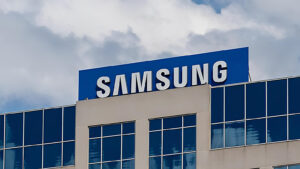Samsung Group’s major subsidiaries are facing significant financial pressure due to rapidly increasing VMware subscription fees. Since Broadcom’s acquisition of VMware, many companies have seen their bills multiply, with some paying up to five times more than in previous years. For Samsung Electronics, Samsung Electro-Mechanics, and Samsung Display, the challenge is particularly acute.
They primarily use VMware’s compute virtualization platform, vSphere, but their payments cover the entire VMware Cloud Foundation package, which includes storage (vSAN) and networking (NSX) components. This bundled pricing structure has caused operational expenses to surge, motivating Samsung companies to search for more cost-effective virtualization options.
Samsung Electronics Leads Virtualization Strategy Shift
In response to these challenges, Samsung Electronics initiated extensive testing of alternative virtualization technologies last year. The company launched several open-source cloud projects and strengthened collaborations with other virtualization and cloud service providers to find a solution tailored to its needs.
Samsung Electronics plans to finalize the scope and implementation strategy of its new virtualization platform by the end of next year. Meanwhile, Samsung Electro-Mechanics is building a customized virtualization stack for its private cloud environment through a combination of internal development and partnerships with third-party vendors outside the VMware ecosystem. Samsung Display has also embarked on projects aimed at reducing VMware dependency, focusing on cost reduction and improved flexibility.
Implications for Samsung and the Virtualization Industry
Samsung’s move to lessen its reliance on VMware reflects a wider trend among large enterprises looking to manage soaring IT infrastructure costs. By exploring open-source and alternative virtualization technologies, Samsung subsidiaries hope to gain better control over expenses and reduce vendor lock-in while maintaining or improving service quality.
This shift may drive greater competition in the virtualization market, potentially pushing established vendors like VMware to reconsider their pricing and product offerings. For Samsung, adopting new virtualization solutions is expected to yield long-term benefits in operational agility, cost efficiency, and technological independence, reinforcing its position as a technology leader adapting to evolving enterprise IT needs.
Source: IThome


 Erencan Yılmaz
Erencan Yılmaz

